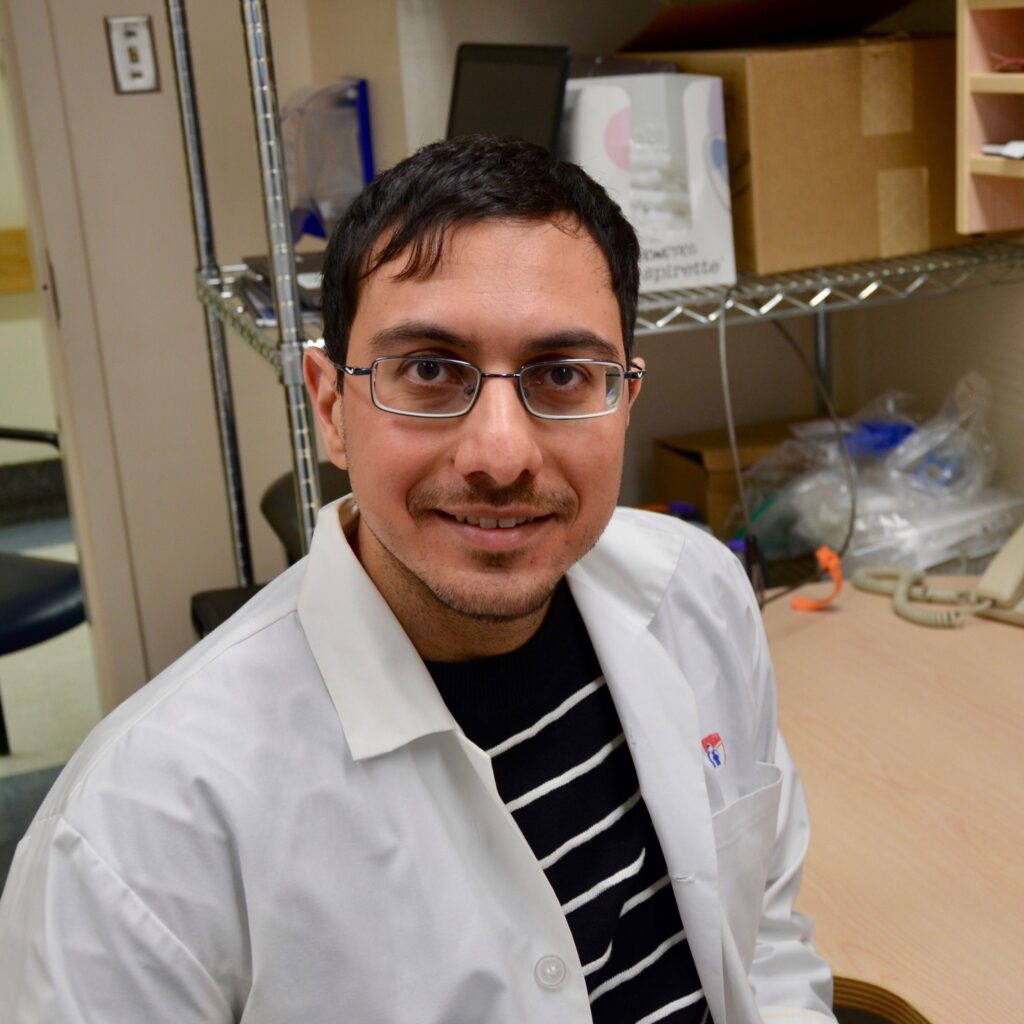
January 27, 2021
Every year, Bell runs its #BellLetsTalk campaign, in an effort to raise awareness and combat stigma surrounding mental illness in Canada.
Living with T1D, whether it’s you, your child, or another family member, both at the time of diagnosis and throughout managing this chronic condition —affects more than just physical health. T1D can also impact social, behavioral and emotional well-being, known as psychosocial health. Mental health issues are common for people with T1D, at any age.
January 28, 2021 marks this year’s #BellLetsTalk day. This provides us the opportunity to talk freely and safely about mental health issues, and to raise awareness of the challenges faced by people living with T1D daily – and how JDRF Canada is looking to do more to address mental health in this community.
Life with T1D
T1D is an all-consuming chronic condition that currently has no cure. Once someone is diagnosed, disease management becomes a 24/7 task that lasts throughout a lifetime.
This means frequently checking blood sugar (at least 5-6 times daily), insulin doses that must be administered many times per day and calculated carefully based on food intake, exercise, stress, illness and other frequently unpredictable factors.
No matter how strict and careful someone is with their diabetes management, they likely will still experience frequent blood sugar highs and low – sometimes to dangerous levels.
T1D never gives you a day off. It can be exhausting. And it takes a toll on mental health.
How living with T1D can impact mental and psychosocial health
Throughout their lifetime, people with T1D often experience mental health issues that can include mild depression, major depressive disorder, anxiety, and “diabetes distress” – a term describing the powerlessness, stress, guilt, relentless worry and denial that comes with living with diabetes and the burden of self-management.
Compared to those without the condition, kids, adolescents and adults with diabetes are at greater risk of developing these mental health issues.
Yet despite this, and our growing understanding that unaddressed mental health issues correlate with higher HbA1c and higher risk of complications in people with T1D, management of T1D most often focuses on glucose control, without sufficient attention given to psychosocial health needs.
It can become a continuous cycle, so T1D management should include a holistic approach that ideally includes psychosocial health needs as well. However, psychosocial issues in T1D are under-researched and underappreciated, and our healthcare system does not currently have the capacity to fully address them.
What is JDRF Canada doing to help?
In January, 2021, JDRF Canada launched its $100 Million Campaign to Accelerate, which includes a six-pillar approach to funding research and other programs that accelerate towards cures and improving lives for people living with T1D today. One pillar of the campaign is dedicated to addressing mental health issues and expanding support to the T1D community.
As we work towards developing a more fulsome approach to mental health support within the T1D community and healthcare system, we are actively engaged in offering programs that help foster connection and support for people with T1D today.
From the day of diagnosis to daily life decades later, we know that connecting with others who have been impacted by T1D can be an important source of support.
Our Let’s Talk T1D series, which moved virtual during the COVID-19 pandemic, helps to make these connections.
In this series, we bring experts from across the country to you for virtual educational events and community hang outs to help you and your loved ones live well with T1D. Participants can hear from new speakers, engage with other families and individuals with T1D and expand their knowledge on important topics – all from the comfort of home.
Our Connection Series is a national conversation held virtually for adults and parents in the T1D community to form new connections and engage in conversations across province lines. These series aim to help parents develop relationships with their peers who may share similar experiences, and understand the ever-changing demands of living with T1D.
Talk T1D is a mentorship program that provides one-on-one support to families who are impacted by T1D from trained volunteers who have been there. Our volunteers understand the daily challenges of living with T1D and are there to provide emotional support and connect you with resources across Canada.
On #BellLetsTalk day, and every day, we recognize the need to reduce the stigma around mental health issues. When we reduce the psychosocial challenges of T1D, the result is better overall health outcomes for the T1D community.





